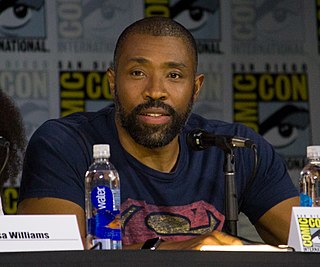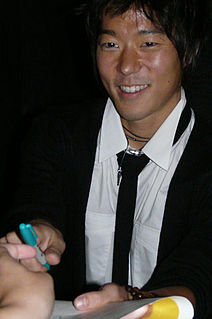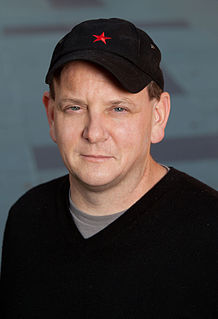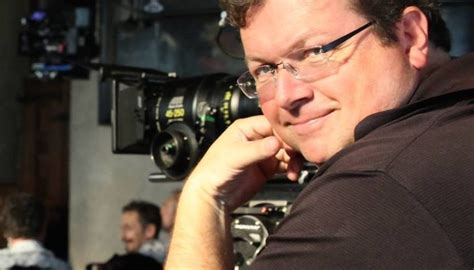A Quote by Lexi Alexander
I look back now and think, what was I doing, moving to Hollywood with $2,000 and a duffel bag? But there is no money in martial arts competitions, and in Hollywood, there is an outlet for those skills. And I have always been pretty fearless.
Related Quotes
Back in the Bruce Lee era, and in my era, Kung-Fu stirred up a kind of frenzy, and many people were learning martial arts from us. But about a decade ago, Hollywood began bringing in a number of our action choreographers, including two from my own stunt crew, where they became martial arts directors. Now, a decade later, Hollywood has learned it all, so when you look at the action films they're making now, they all use our action, our martial arts, and then add to that their own technology which is ten times better than ours, and it has to leave us dumbfounded: how did they film that?
On 'Black Lightning' I have a stunt double who's a lot younger than me. The fighting style on the show is heavily martial arts-based, and I know boxing; I don't know martial arts. I also have a really bad knee, and he's been doing martial arts since he was 6 years old, so I'm not thinking, 'No, I can do that! I can make that look cool!'
Miles and I had been looking to do a martial arts show for some time. Our first two movies that we wrote were "Lethal Weapon 4" and "Shanghai Noon" with Jackie Chan. Then we sort of got pulled into the superhero world, but then you look around at what's not on television and there wasn't really a martial arts shows. There are shows that do martial arts to a degree, but there's not a martial arts show.
I think the possibilities are endless in terms of what the genre would be like. However, in terms of looking for sources of money, I think we have to be very careful not to fall into Hollywood's commodification of Chicano culture. We could look at the example of Piri Thomas, a successful Puerto Rican writer now living in the Bay Area, who has received repeated offers from Hollywood...and he said he's not going to write about his people doing drugs and going to jail.
I think women have always been funny. But when Tina Fey became head writer at 'Saturday Night Live,' the culture shifted, and women gained a bigger voice in comedy. It's not as if Hollywood producers are feminists. It's more that Hollywood said, ''Bridesmaids' made us so much money, all we want now is funny women.'






































